A certificate in digital forensics is a fast and practical way to enter the growing field of cyber investigations. Many accredited certificate programs are eligible for financial aid, including federal grants, loans, scholarships, and employer tuition assistance. Eligibility depends on accreditation, program length, and job-readiness standards. By applying early, completing the FAFSA, and exploring multiple funding sources, students can significantly reduce the cost of earning a digital forensics certificate and start a career in a high-demand tech field.
Digital forensic services are extremely important in the current investigation practices for digging out any digital evidence, whether it is in a digital theft or a corporate conflict. A certificate in digital forensics is a popular route for those who want to specialize in this expanding area, providing the specialized training quickly, flexibly, and directly. But cost is also a factor, as with any educational pursuit. A common question I get is, “Does financial aid pay for a certificate in digital forensics?”
The short answer? Yes, financial aid can cover certificates and badges — but it’s a bit more complicated than that. This guide will explain what you need to know about financial aid and the implications for certificate programs (with a special focus on digital forensics).
Understanding Financial Aid for Education

Financial aid refers to any funding provided to students to help offset educational costs. It typically comes in two main forms:
Federal Financial Aid
Federal financial aid includes grants, loans, and work-study programs provided by the U.S. Department of Education. Some popular federal programs include
- Pell Grants: Need-based grants that don’t have to be repaid (except in special circumstances).
- Federal Loans (like Stafford Loans or PLUS Loans): Borrowed money that must be repaid with interest.
- Federal Work-Study Programs: Jobs provided by schools through federal funding for students to earn income while studying.
Federal aid is often a go-to option due to its low-interest rates and flexible repayment options.
Private Financial Aid
Future of Personal Finance aid includes scholarships, personal loans, and even company subsidies. Unlike federal aid, which is administered under government rules, the requirements and terms for private aid are different depending on the organization or lender that is issuing the funds. Private scholarships are frequently merit-based, while private loans can hinge on your credit history. While applying for aid, it’s also important to know whether financial aid offices accept digital IRS transcripts.
Are Certificate Programs Eligible for Financial Aid?
The good news is that financial aid is available for certificate programs—but there are some important considerations to keep in mind when determining eligibility.
Accreditation is Key
You can only receive federal financial aid if the certificate program that you’re interested in is provided by an accredited school. Accreditation is a way to make sure a school meets minimum levels of quality — and that its programs are approved by the U.S. Department of Education.
By all means, verify that the school and program you are interested in are accredited by going to the Department of Education’s Database of Accredited Postsecondary Institutions and Programs.
Program-Length Matters
Certain aid programs specify that a certificate program must be of a certain credit or clock hours. For instance, most federal aid programs require that the certificate program be at least 15 weeks long and include at least 600 clock hours of instruction.
Job-Readiness Component
Federal aid is usually reserved for programs that prepare students for “gainful employment in a recognized occupation.” The credential of digital forensics certificate often satisfies this requirement, as it prepares students to fulfill certain high-demand positions such as computer forensics analysts and cybersecurity Professional.
Individual State & Institutional Rules
And even when a program meets federal standards, other requirements could exist at the institutional or state level. For example, certain state-level grants or institutional scholarships might be for degree programs only and not apply to standalone certificate programs.
Why a Certificate in Digital Forensics Is a Smart Career Move
A certificate in digital forensics is more than just a short-term academic credential—it is a focused career accelerator. As cybercrime, data breaches, and digital fraud continue to rise, organizations urgently need professionals who can identify, preserve, and analyze digital evidence. This certificate equips learners with hands-on skills in areas like data recovery, forensic analysis, and cybersecurity fundamentals, making them job-ready in a relatively short time.
What makes a digital forensics certificate especially appealing is its flexibility and efficiency. Unlike full degree programs, certificates are designed for quick skill acquisition, making them ideal for career switchers, IT professionals, and law enforcement personnel looking to upskill without long-term academic commitments.
Key career advantages include:
-
Faster entry into cybersecurity and investigation roles
-
Practical, industry-relevant technical training
-
High demand across law enforcement, corporate, and legal sectors
With growing reliance on digital systems, earning a certificate in digital forensics positions students at the center of modern investigative work, where technical expertise directly translates into career opportunities.
Eligible Institutions Offering Digital Forensics Certificates
Not all schools offering certificates in digital forensics will qualify for financial aid. Below are some examples of institutions that typically provide aid-eligible certificate programs:
- Community Colleges: Many community colleges offer short-term certificate programs that qualify for federal and state financial aid. For example, schools like Northern Virginia Community College and Austin Community College have digital forensics tracks that meet federal aid requirements.
- Vocational or Technical Schools: Institutions focused on job-oriented skills, like EC-Council University, often provide forensics certificates eligible for aid.
- Online Accredited Colleges: Organizations such as Purdue Global and the University of Maryland Global Campus (UMGC) offer online forensics programs that qualify for federal financial aid.
Always verify program-specific eligibility by consulting the school’s financial aid office.
Types of Financial Aid Available for a Certificate in Digital Forensics
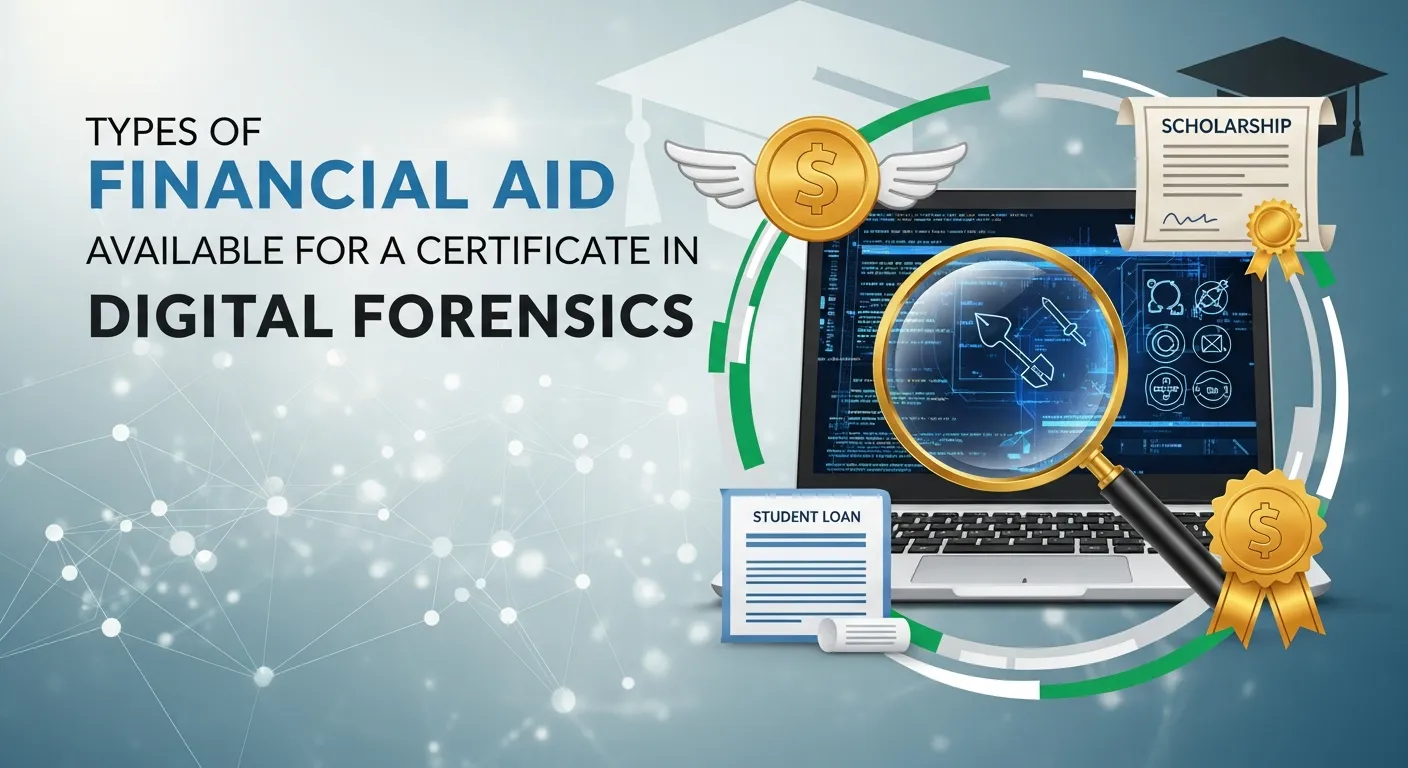
Students pursuing a certificate in digital forensics can access multiple types of financial aid depending on their eligibility, institution, and enrollment status. Understanding these funding options helps learners plan their education strategically and minimize out-of-pocket costs while gaining in-demand forensic skills.
Financial aid options vary widely—from government-funded grants to employer-sponsored programs—so combining multiple sources often provides the best financial outcome for certificate students.Find out more Digital Finance VS Traditional Finance
Common financial aid sources include:
-
Federal grants and student loans
-
Institutional and private scholarships
-
Employer tuition reimbursement programs
Below is a comparison table showing how different financial aid types apply to digital forensics certificate programs:
| Financial Aid Type | Repayment Required | Who Qualifies | Best For |
|---|---|---|---|
| Pell Grant | No | Low-income students | Tuition coverage |
| Federal Student Loan | Yes | FAFSA-eligible students | Full program funding |
| Scholarships | No | Merit or need-based | Reducing total cost |
| Employer Assistance | No (usually) | Working professionals | Career advancement |
| State Grants | No | State residents | Technical training |
By understanding these options, students can strategically fund their certificate in digital forensics without unnecessary financial stress.
Step-by-Step Guide to Applying for Financial Aid
If you’re ready to explore financial aid options for a digital forensics certificate, follow these steps:
Step 1: Complete the FAFSA (Free Application for Federal Student Aid)
The FAFSA is your starting point for federal aid. Fill it out as early as possible since some types of aid (like certain grants) are awarded on a first-come, first-served basis. You’ll need:
- Your Social Security number
- Your (or your parents’) tax records
- Bank statements or other financial documents
Step 2: Research Additional Aid Opportunities
On top of federal aid, explore:
- Scholarships offered by the school or external organizations
- Employer-provided tuition assistance programs
- State-level grants for specific training fields like technology or law enforcement
Step 3: Contact the School’s Financial Aid Office
School advisors are valuable resources for understanding loan requirements, grant eligibility, and payment processes specific to your chosen program.
Step 4: Verify Program Eligibility
Double-check that the institution and the specific certificate meet accreditation and aid eligibility requirements before committing financially.
Step 5: Accept Aid Offers and Enroll
Once your financial aid package is approved, accept the offers that best suit your needs. Then, proceed with enrollment in your digital forensics certificate program.
Who Should Consider a Certificate in Digital Forensics?

A certificate in digital forensics is not limited to students fresh out of school—it’s designed for a wide range of learners aiming to enter or advance within the cybersecurity field. Whether someone is transitioning careers or strengthening existing technical expertise, this credential offers a direct path to specialized roles.
The program’s structure makes it accessible to learners with different professional backgrounds, especially those who want practical skills without committing to a full degree program.
This certificate is ideal for:
-
IT professionals seeking cybersecurity specialization
-
Law enforcement or legal professionals handling digital evidence
-
Career changers entering the tech field
-
Students looking for fast, job-oriented credentials
Because digital forensics skills are transferable across industries, certificate holders can pursue roles in corporate security, government agencies, consulting firms, and private investigations.
Tips for Maximizing Financial Aid Opportunities
Here are strategies to ensure you secure the highest amount of aid possible:
- Search Scholarships: Many organizations offer tech-focused scholarships, including ones specifically for cybersecurity and digital forensics students.
- Ask Employers: Some companies offer tuition reimbursement for job-related training, especially in fields like cybersecurity and IT.
- Stay Organized: Keep track of applications, deadlines, and documents for different sources of aid.
- Apply Early: Aid is often limited, so starting your process early increases your chances of receiving full funding.
Real-Life Success Stories
Hearing from others who have successfully leveraged financial aid for their certificate programs can be inspiring:
- Sam’s Journey to Cybersecurity
Sam completed a 12-week digital forensics certification at a local community college. By using Pell Grants for tuition and a part-time work-study job for living expenses, she secured her position as an entry-level computer forensics analyst, debt-free.
- Maria’s Employer-Funded Program
Maria’s employer reimbursed her tuition costs for completing an online certificate in digital forensics. The program helped her transition into a crucial cybersecurity role within her company.
- Jake’s Private Scholarship
Jake won a technical education scholarship that covered his entire digital forensics certificate program at a vocational school.
Kickstart Your Digital Forensics Career
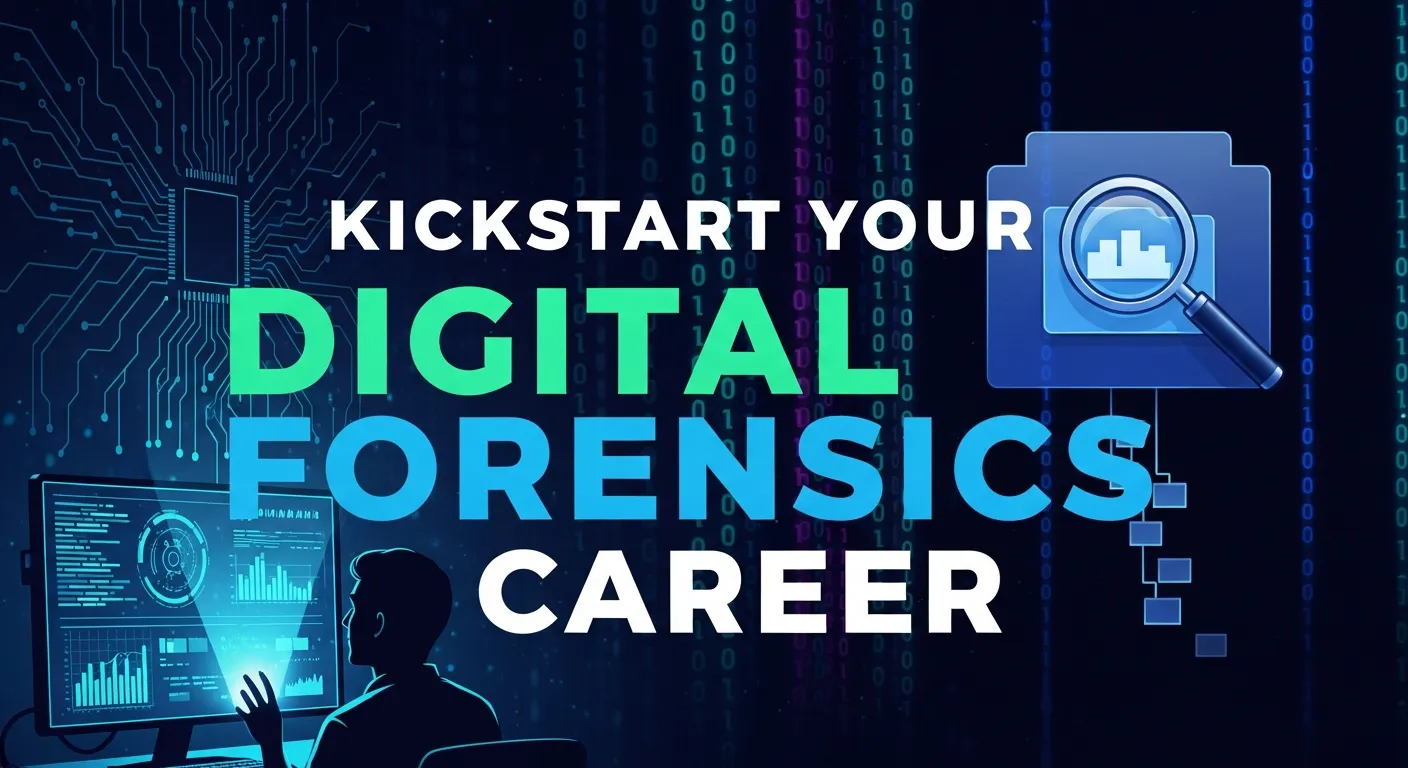
A digital forensics certificate is an excellent option for individuals entering the rapidly expanding field of cyber. And with some financial aid options, pursuing this career path doesn’t have to empty your bank account.
Regardless of whether you choose to submit a FAFSA application, seek scholarships, or seek employer tuition reimbursement, the moral of the story is that you must start early, consider all the options, and select a program that offers an accredited track to real-world opportunities.
Explore accredited digital forensics programs today. Your future in one of tech’s most dynamic fields is waiting!
Conclusion
Pursuing a certificate in digital forensics doesn’t have to be financially overwhelming. With the right accredited program, financial aid options such as federal grants, loans, scholarships, and employer reimbursement can help cover much—or even all—of the cost. The key is to research early, confirm eligibility, and take advantage of every available funding opportunity. As digital crime continues to rise, earning a digital forensics certificate can open the door to stable, future-focused career opportunities in cybersecurity and investigation.
Frequently Asked Questions (FAQs)
1. Does financial aid cover a certificate in digital forensics?
Yes, financial aid can cover a certificate in digital forensics if the program is offered by an accredited institution and meets federal eligibility requirements. Eligible students may receive grants, loans, or work-study support depending on their financial situation and program structure.
2. Is FAFSA required for a digital forensics certificate?
Yes, completing the FAFSA is essential to access federal financial aid such as Pell Grants, federal student loans, and work-study programs. Even if you’re unsure about eligibility, submitting FAFSA helps determine what aid options are available to you.
3. Are online digital forensics certificate programs eligible for aid?
Online certificate in digital forensics programs can qualify for financial aid as long as the institution is accredited and the program meets federal standards for length, instruction hours, and job-readiness outcomes.
4. What type of financial aid is available for certificate programs?
Students may qualify for Pell Grants, federal student loans, work-study programs, private scholarships, employer tuition reimbursement, and state-sponsored grants. The availability depends on the program, institution, and student eligibility.
5. Do short-term digital forensics certificates qualify for financial aid?
Some short-term programs may qualify, but most federal aid requires a minimum number of instructional weeks or clock hours. It’s important to confirm program length requirements with the school’s financial aid office.
6. Is accreditation important for financial aid eligibility?
Yes, accreditation is critical. Only certificates offered by institutions recognized by the U.S. Department of Education are eligible for federal financial aid, making accreditation a top factor when choosing a program.
7. Can working professionals get aid for a digital forensics certificate?
Yes, working professionals can often receive financial aid for a certificate in digital forensics, including federal aid, scholarships, or employer-sponsored tuition assistance, especially if the training aligns with their current job role.
8. Do private scholarships cover digital forensics certificates?
Many private and technology-focused scholarships can be applied toward a certificate in digital forensics. These scholarships are often merit-based or career-focused and may be offered by professional organizations or tech companies.
9. Are digital forensics certificates considered job-ready programs?
Yes, most digital forensics certificate programs are designed to prepare students for gainful employment in fields such as cybersecurity, law enforcement support, and corporate investigations.
10. Can employers pay for a digital forensics certificate?
Some employers offer tuition reimbursement or professional development funding for job-related education, including digital forensics and cybersecurity certificates. Checking employer benefits can significantly reduce out-of-pocket costs.
11. Are community colleges a good option for digital forensics certificates?
Yes, community colleges often provide affordable and accredited certificate in digital forensics programs that qualify for federal and state financial aid, making them a popular choice for budget-conscious students.
12. Is a certificate in digital forensics worth it?
Yes, a certificate in digital forensics is worth it for many learners because it offers practical skills, faster workforce entry, and access to high-demand careers in cybersecurity and digital investigations.
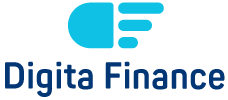
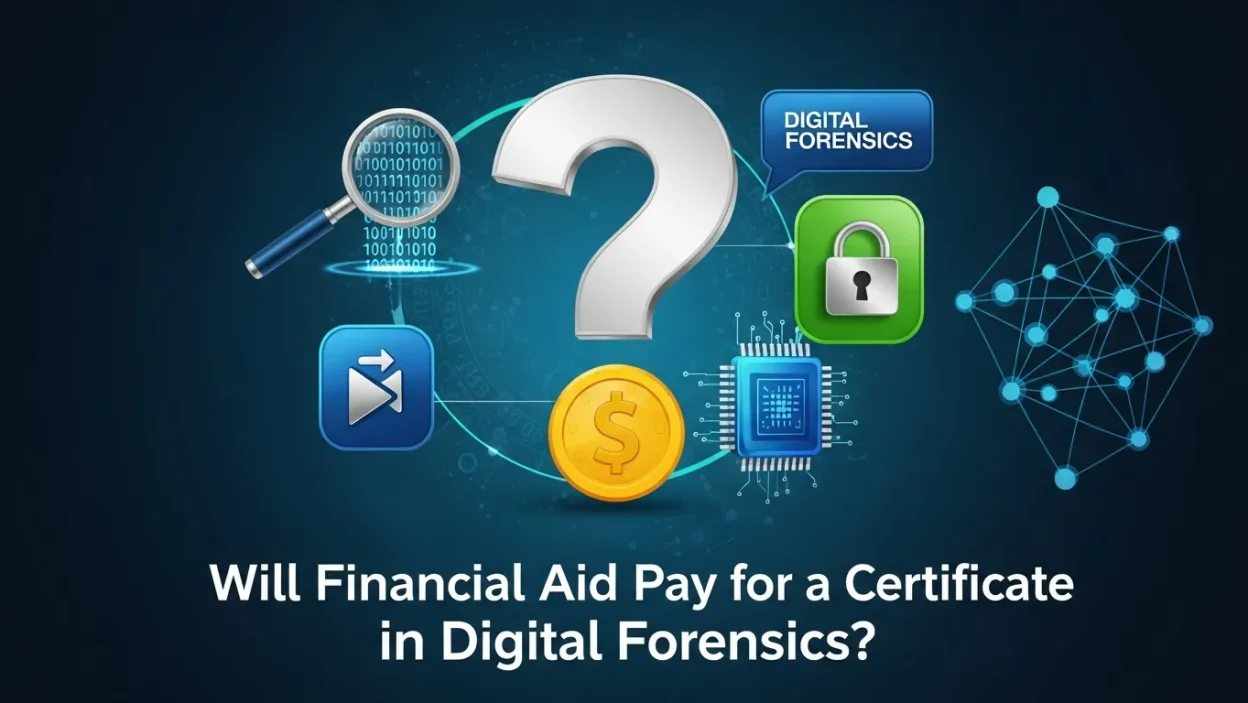
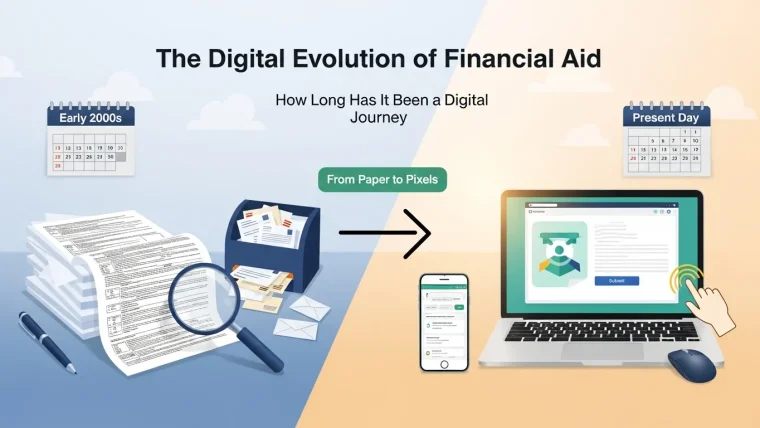
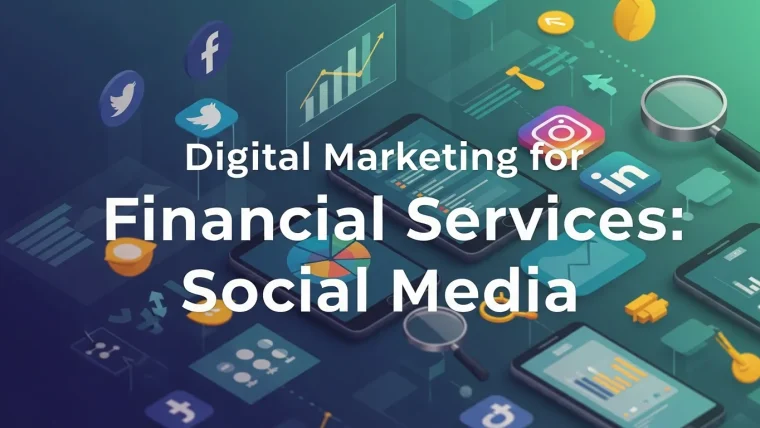
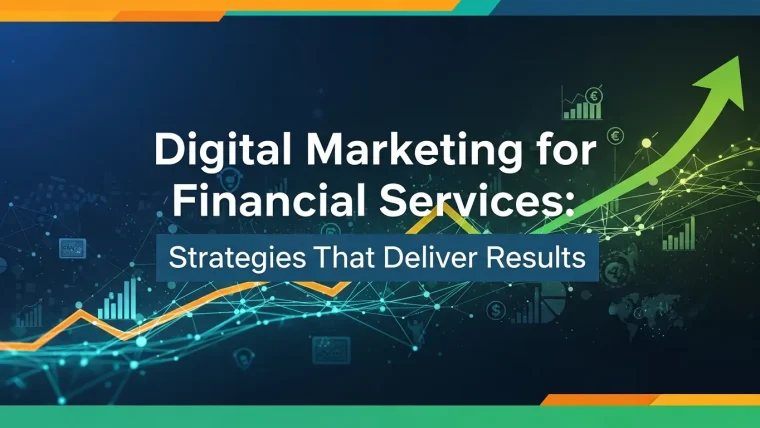
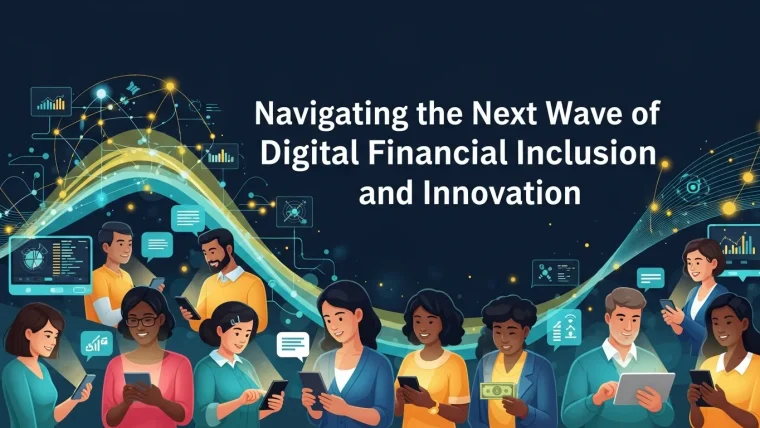
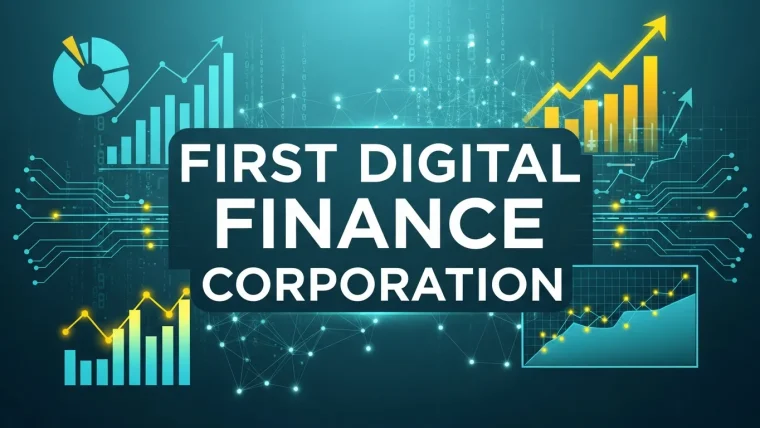
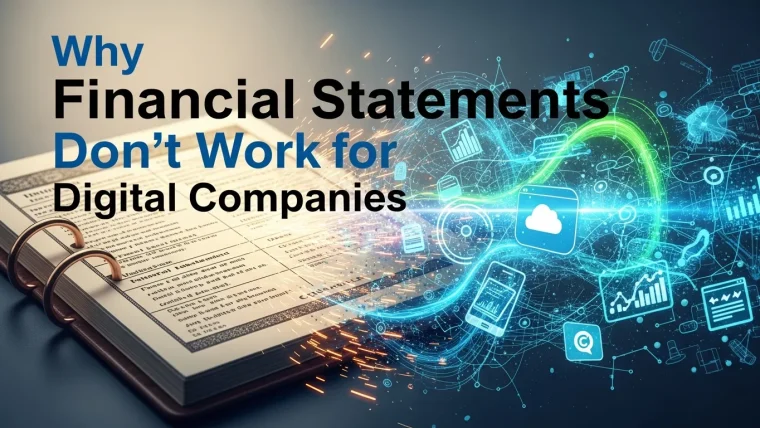
How AI-Based Fraud Detection is Protecting Digital Payments
Embedded Finance and the Future of Seamless Digital Financial Services
Harnessing AI and Machine Learning for Fraud Detection in Digital Finance
Embedded Finance: How Seamless Financial Services Are Integrating into Everyday Apps
Digital Twin Technology in Finance: How Virtual Models Are Transforming Risk Management
The Future of Personal Finance: Autonomous Finance and AI Money Management
AI Credit Scoring: Revolutionizing SME Banking and Digital Loans
AI Fraud Detection: How Banks Prevent Financial Crime in Real Time